Adenoidectomy is the surgical removal of swollen, inflamed, or infected adenoids for the treatment of adenoiditis to improve a patient’s breathing and prevent complications like sleep apnea, sinusitis, tonsillitis, etc. Connect with us to know about minimally invasive adenoidectomy in India.
Happy Patients
Disease
Hospitals
Cities
Adenoid surgery entails the removal of adenoid glands if they are infected, inflamed, or enlarged. Adenoid glands are small pads of immune tissues next to the palate that are an important part of the immune system in kids. However, as a child grow, their functionality decreases, and eventually, they start degenerating.
However, in some cases, instead of degenerating, they can get infected and start causing problems such as difficulty in breathing, obstructive sleep apnea, snoring, postnasal drip, sore throat, etc. Normally, such problems can be managed medically, but in severe cases, surgical intervention is necessary. Often, adenoidectomy is combined with a tonsillectomy to treat sore throat and other throat infections.
For adenoiditis diagnosis, the ENT doctor will first collect your medical history and perform a physical examination to discern the cause, extent, and severity of the condition. During the physical examination, the doctor will look at the throat tissues using a speculum and palpate the lymph nodes present in the throat region to check for inflammation.
Once that is done, they will collect throat swabs for tissue culture and lab examination. In severe cases, they may also prescribe endoscopy and other imaging tests like CT scans, MRI, etc., to determine the full extent of the infection.
Your doctor will carefully study the results of the diagnostic tests and discuss your treatment and surgery options with you. If you need additional surgical procedures like a tonsillectomy, FESS, septoplasty, etc., in addition to adenoidectomy, then they will be planned and integrated into the treatment plan at the same time.
Once you are anesthetized, the doctor will hold your mouth open using a retractor and remove the adenoids using a curette or laser. Then, he will either place sutures to close the surgical incision or use a cauterizer. The entire procedure will take less than 30 minutes and you will be moved to a recovery room for postsurgical observation afterward. Most patients are discharged on the same day.
Adenoidectomy is often required when the symptoms of adenoiditis, such as sleep apnea, throat pain, sore throat, etc., become too severe to be managed by medicines alone. They can even lead to complications and other health problems such as chronic sinusitis, ear infections, snoring, loud/mouth breathing, etc.
It is mostly done in children between the ages of 1 and 7, as the adenoids begin to shrink after that, but they may be performed in adults if their adenoids have not shrunk.
Adenoidectomy is a minimally invasive surgery that is often performed without any sutures. If you (or your child) have frequent adenoid infections, then adenoidectomy can improve your quality of life by:
Give your ENT surgeon access to your entire medical history. Make sure they are aware of all the medicines and supplements you are taking, and if you are allergic to any medicine. If you have any bleeding or clotting disorders, then you need to make sure they are aware of it and can plan the surgery accordingly. You may need to stop taking your blood thinners or increase the dosage of your blood clotters for a couple of days before the surgery.
Do not self-medicate before or after the surgery. Medicines like aspirin and ibuprofen can negatively affect your blood clotting and lead to hemorrhage during or after the surgery. If your surgery is being performed under general anesthesia, make sure you know all the dietary precautions you need to take before the surgery.
If you smoke or consume tobacco regularly, then make sure to stop at least 2-3 weeks before the surgery, as tobacco usage can slow down the recovery. Also, do not wear any perfume, jewelry, or makeup when you arrive at the hospital for surgery.
Once you are discharged from the hospital after adenoidectomy surgery, you should follow the given at-home care tips to improve your recovery:
You will have a little pain and discomfort in your throat. Some discharge from the incision is ok immediately after the surgery. Most patients, especially kids, have a mild fever with an upset stomach and vomiting for 24-48 hours after the surgery. However, if these get too bad, you need to consult your surgeon immediately.
You (or your child) will experience a mild sore throat for 1 week and it may be difficult to eat or drink during this time, but you need to hydrate yourself properly as dehydration can delay recovery. Also, avoid spicy, crispy, or fried foods for the first couple of weeks as they can irritate the wound and delay recovery.
Immediately after the surgery, a throat massage using an ice pack will help alleviate the surgical swelling. You should avoid exercise and strenuous activities for at least 1-2 weeks, depending on your recovery rate; however, you may be able to return to work/school within 3-5 days of the surgery.
The Average Adenoidectomy surgery cost in India is Rs. 48,000 overall. However, this cost often changes from patient to patient, especially since most patients need additional surgery treatments, like tonsillectomy, FESS, etc. for complete relief from the infection.
Some factors that affect the cost of adenoidectomy are:
Consult with the best ENT surgeon at HeptaCare Health and get the cost estimate of Adenoidectomy surgery.
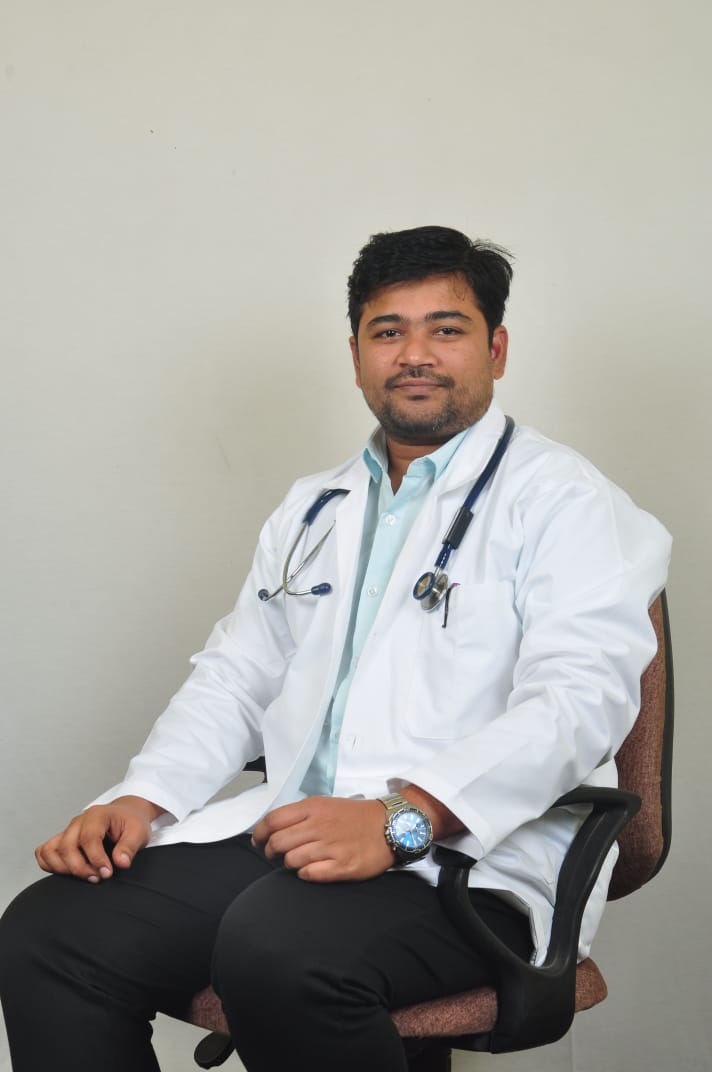

Based on 7721 Recommendations | Rated 4.68 Out of 5
Happy Patients
Clinics
Cities
Surgeries
Doctors
Hospitals
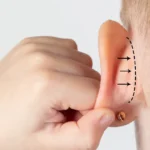
Ear surgery reshapes and balances your look.
Confidence restored with natural, lasting results.
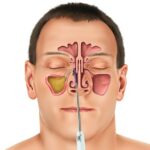
A minimally invasive procedure to clear blocked sinuses and improve breathing.
It relieves sinus infections, nasal congestion, and headaches effectively.
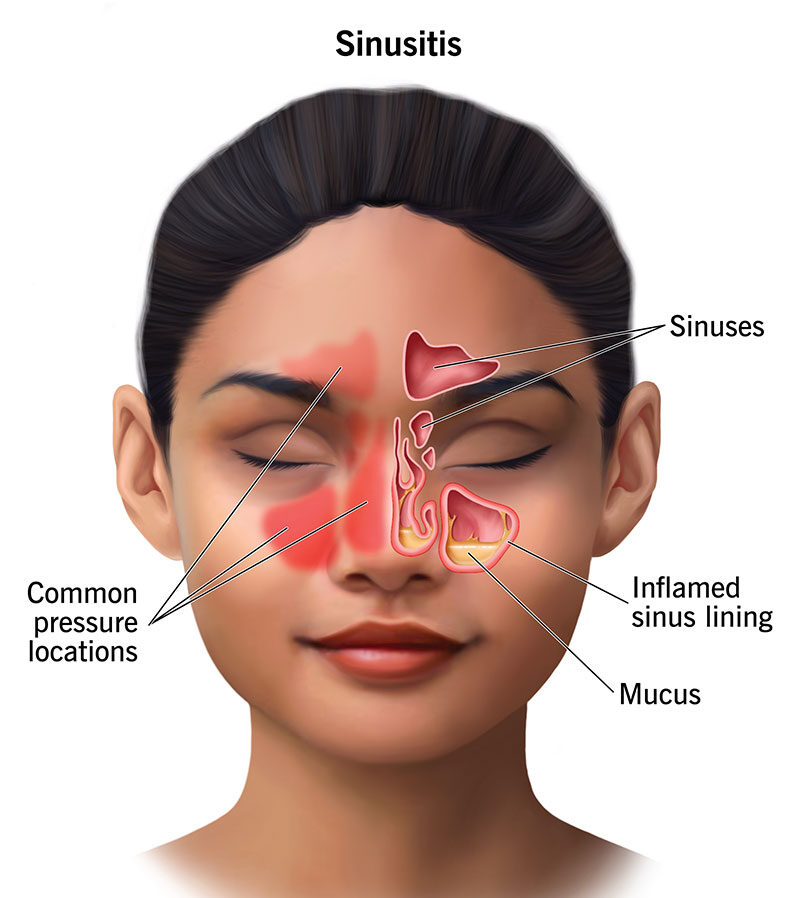
Sinus treatment relieves blockage, pain, and pressure.
Breathe easier with advanced, long-lasting care.
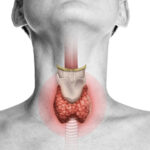
Thyroidectomy removes part or all of the thyroid gland.
It helps treat thyroid nodules, goiter, or cancer effectively.
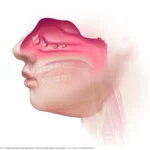
Nasal polyps are soft, painless growths in nasal passages.
Treatment helps restore easy breathing and clear sinuses.
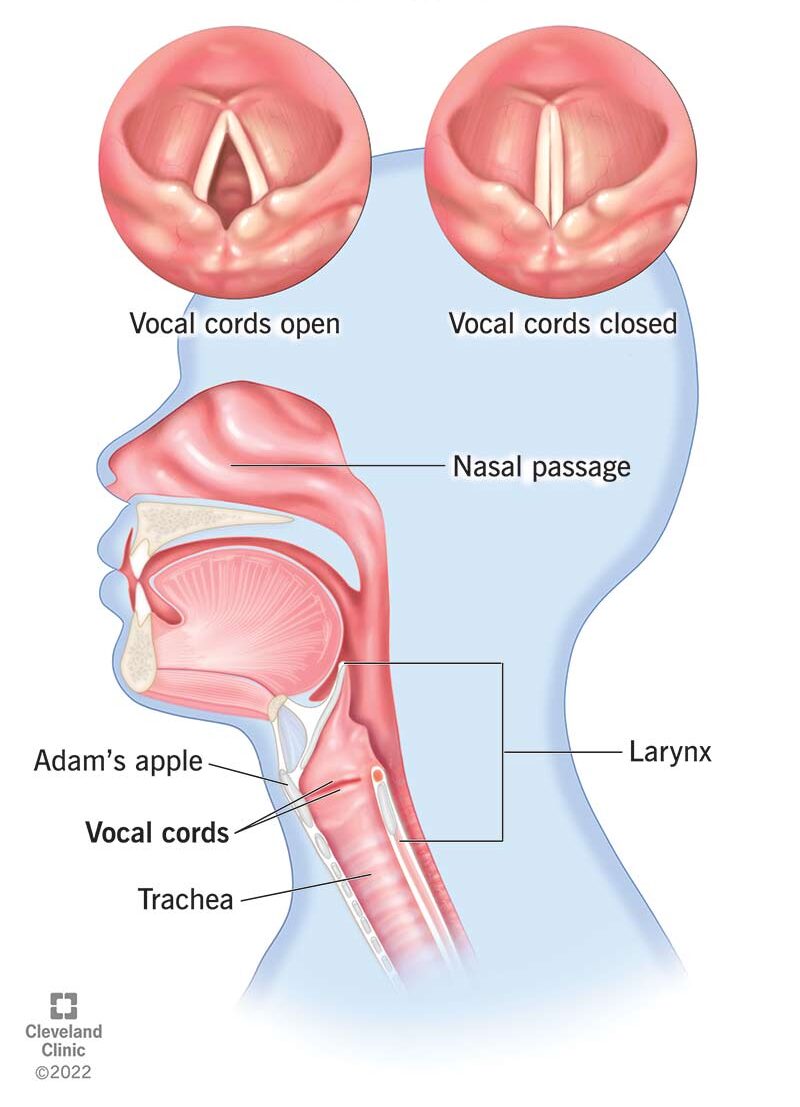
Vocal cord polyp is a benign growth affecting voice.
Treatment restores clear speech and vocal health.
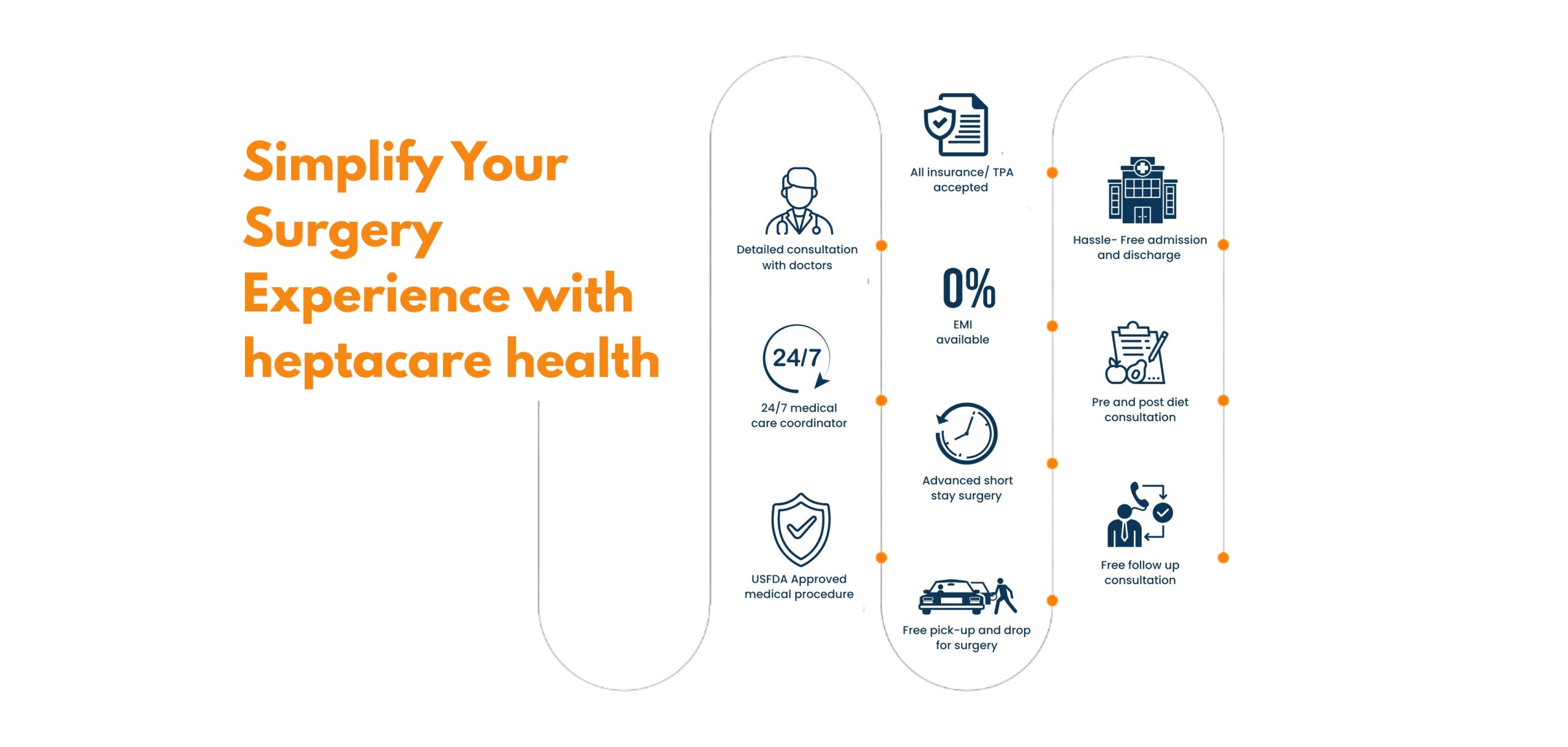
Ear pain or itching may occur due to earwax buildup, infection, allergy, or fungal infection. Avoid inserting objects like earbuds or pins — it can worsen the problem. A proper ENT check-up is recommended.
Never use cotton buds. Instead, use doctor-prescribed ear drops or visit an ENT specialist who can clean your ear safely using suction or irrigation.
Blocked ears can happen due to wax, fluid behind the eardrum, or sinus issues. ENT evaluation and simple cleaning or medication usually fix it.
Tinnitus may result from exposure to loud sounds, ear infections, or nerve-related hearing loss. It’s best to get a hearing test and ENT consultation.
●ear surgery cost in Vizag ● nose surgery cost in Vizag ● throat surgery cost in Vizag ● ENT treatment cost in Vizag ● ear surgery cost in Hyderabad ● nose surgery cost in Hyderabad ● throat surgery cost in Hyderabad ● ENT treatment cost in Hyderabad ● ear surgery cost in Vijayawada ● nose surgery cost in Vijayawada ● throat surgery cost in Vijayawada ● ENT treatment cost in Vijayawada ● low-cost ENT surgery near me ● affordable ENT treatment near me ● low-cost ear surgery near me ● low-cost nose surgery near me ● low-cost throat surgery near me ● best ENT surgery cost near me ● ENT surgery packages in Vizag ● ENT surgery packages in Hyderabad ● ENT surgery packages in Vijayawada ● ENT operation price near me ● ear operation cost near me ● sinus surgery cost near me ● tonsil surgery cost near me ● septoplasty cost near me ● adenoid surgery cost near me ● laser ENT surgery cost near me ● ENT treatment with insurance in Vizag ● ENT treatment with insurance in Hyderabad ● ENT treatment with insurance in Vijayawada ● ENT surgery with EMI in Vizag ● ENT surgery with EMI in Hyderabad
Disclaimer: **The result and experience may vary from patient to patient.. ***By submitting the form or calling, you agree to receive important updates and marketing communications.
Getting an accurate diagnosis can be one of the most impactful experiences that you can have.

cure with care
Copyright © 2025. All rights reserved.
Consult with our expert surgeon for more than 50+ diseases
Happy Patients
Hospitals
Cities